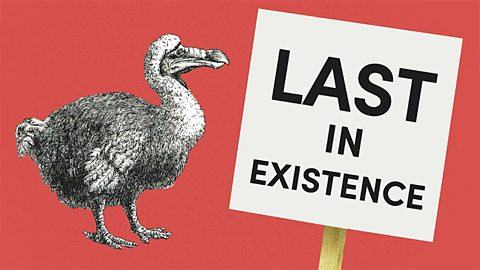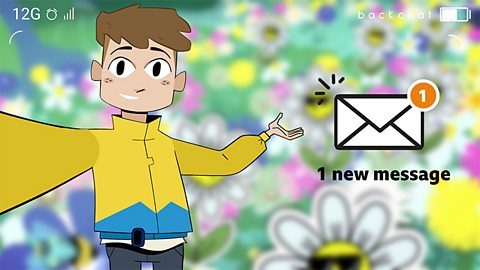
Welcome to The Regenerators.
How have humans caused extinction?
Our explainers are engaging, collage-style animations which explain many of the issues and themes around sustainability.
This video is a fun, concise answer to the question: How have humans caused extinction in the past? It is the perfect springboard for classroom discussions.
Narrator: Bears are great, aren't they? I think they are, all big and hairy. just imagine a bear hanging out in your local park. Okay that sounds pretty dangerous. But the brown bear was a top predator in the UK following the last ice age.
But now, there are no bears left here because humans hunted them. It's though the last bears disappeared, or became extinct from the UK around 1000 years ago. Around the time of the Norman Conquest. There are many ways humans have caused extinctions, and it's often for a combination of reasons that species go extinct.
Habitat loss has been a big cause of extinction. This happens when we transform the natural landscape and use it for our own purposes, like for buildings or farming. In more recent history, humans have started travelling around the planet with ease.
But, if we take wildlife with us, it can be a problem for the native wildlife. For example, when Europeans introduced cats and foxes to Australia, it's thought to have led to the extinction of the Crescent Nailtail Wallaby in the 1950s.
We take other things with us too, like diseases. In Hawaii humans introduced Mosquitos which carried diseases, which infected many species. These included birds, such as the Kakawahie, thought to be extinct since the 1960s.
Climate change could be another reason. With a more unstable climate, plants and animals aren't able to adapt quickly enough.
The good news is that species that are at risk of extinction can recover and we can help them through conservation projects and by protecting habitats and eco-systems.
There's more to learn
Explore more lessons and content from around The Regenerators.
What happens when species go extinct?
EXPLAINERS

Living things
BACK CHAT

Videos for teachers
GREEN CLASSROOM

More from The Regenerators
┤¾¤¾┤½├¢ BITESIZE
